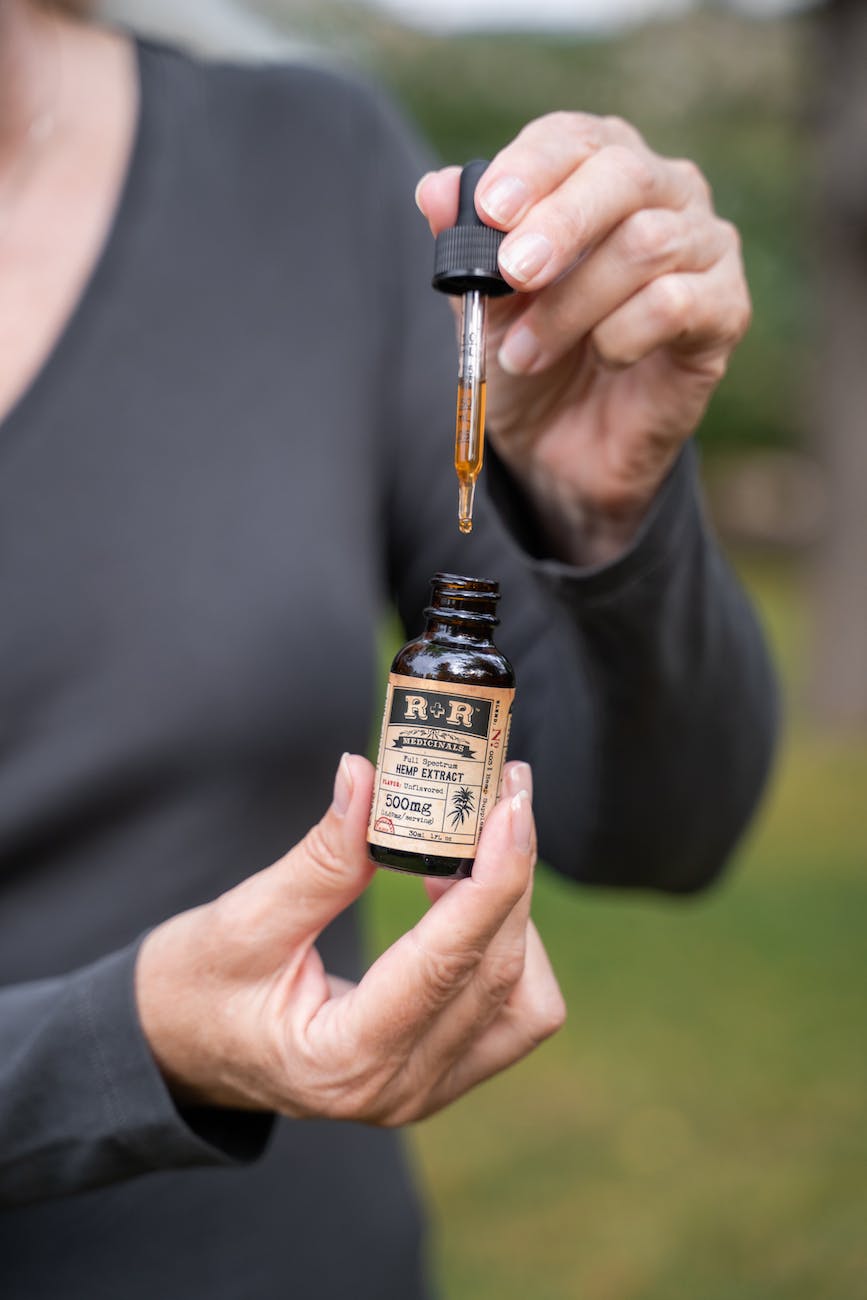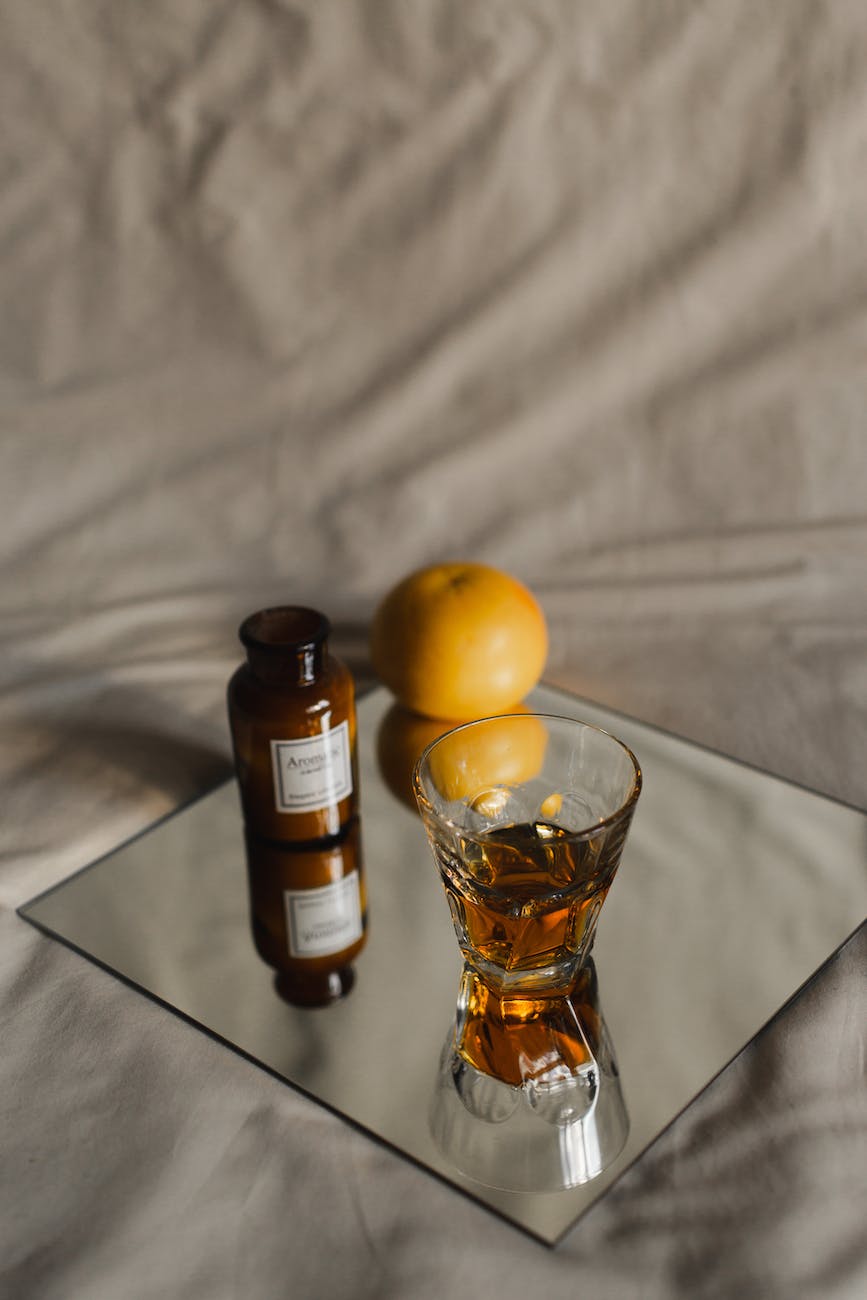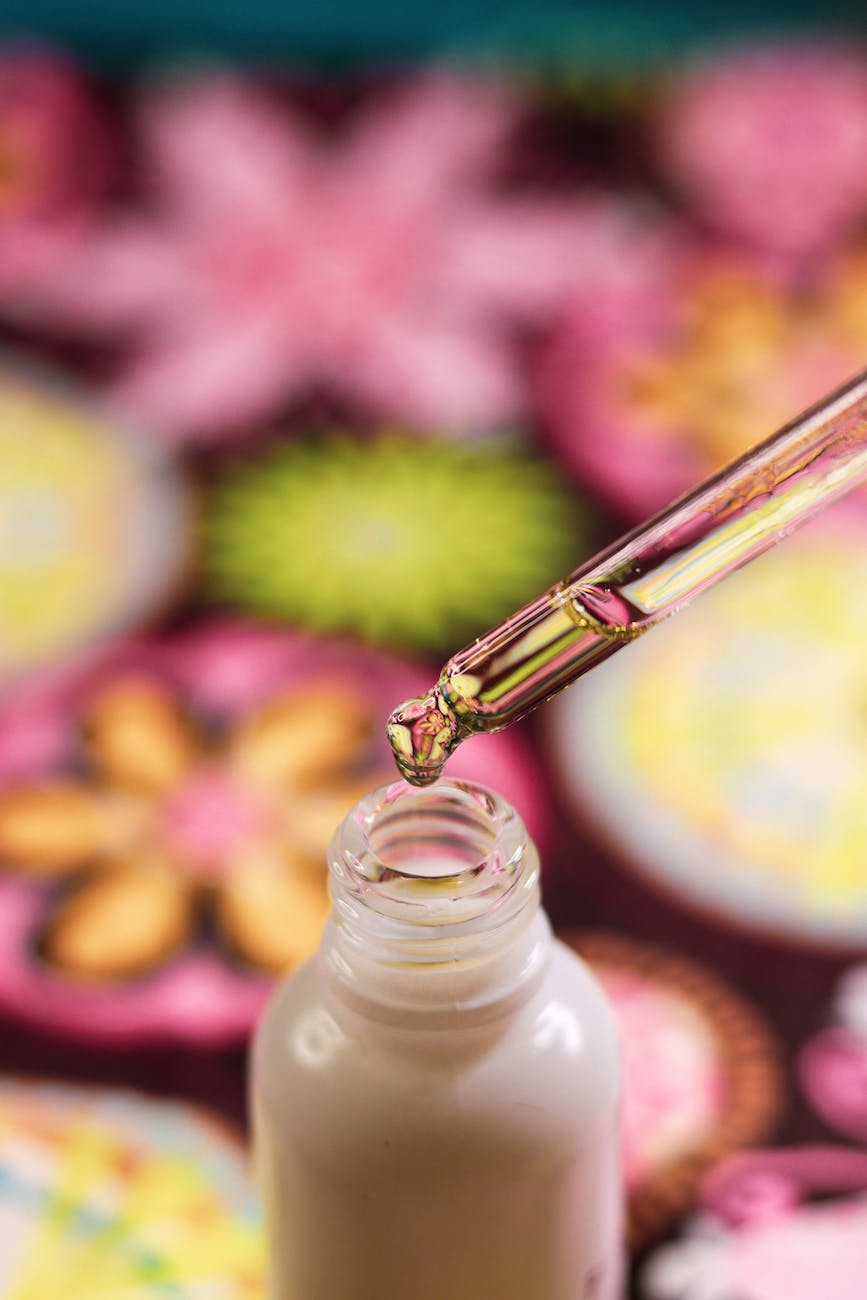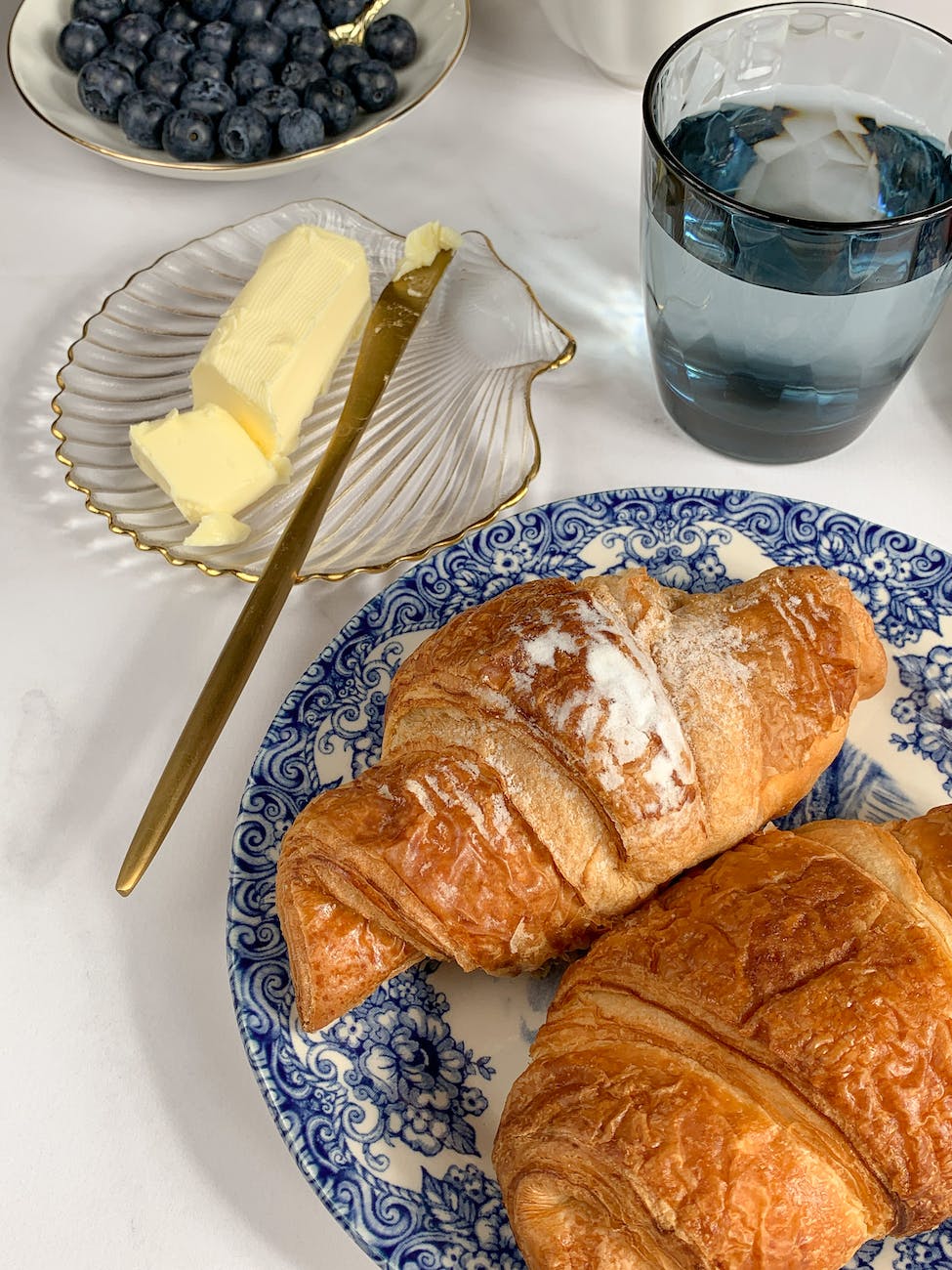How to make medical grade cannabis tincture
Medical cannabis tincture is a concentrated extract of cannabis that is taken orally. It is often used for medical purposes due to its potential therapeutic benefits, such as pain relief and reduced anxiety. There are several ways to make medical cannabis tincture, including using oil, alcohol, coconut milk, or butter. In this article, we will discuss the tools and ingredients needed for each method and the advantages and disadvantages of traditional and modern methods.

- Oil-Based Tincture:
Oil-based tinctures are easy to make and require only a few ingredients. This method involves infusing the cannabis plant in oil, such as olive or coconut oil, to extract the active compounds. This is a popular method for those who prefer not to use alcohol in their tinctures.
Ingredients:
- Cannabis plant material (dried or fresh)
- Oil (olive, coconut, or another type of oil)
- Mason jar with lid
- Cheesecloth
- Fine-mesh strainer
- Glass dropper bottles
Instructions:
- Decarboxylate the cannabis by baking it in an oven at 220°F for 30-45 minutes.
- Grind the decarboxylated cannabis into a fine powder.
- Add the ground cannabis and oil to a mason jar.
- Seal the jar and place it in a dark, cool place for 2-4 weeks, shaking it daily.
- After 2-4 weeks, strain the mixture through a cheesecloth and fine-mesh strainer.
- Transfer the tincture to glass dropper bottles and store in a cool, dark place.
Advantages:
- Oil-based tinctures are easy to make and do not require any specialized equipment.
- They are a good option for those who prefer not to use alcohol in their tinctures.
- The oil base makes them easier to digest for some people.
Disadvantages:
- The infusion process can take several weeks.
- The resulting tincture may have a shorter shelf life than alcohol-based tinctures.
- Alcohol-Based Tincture:
Alcohol-based tinctures are the most traditional method for making cannabis tinctures. This method involves soaking the cannabis plant in high-proof alcohol, such as Everclear, to extract the active compounds.
Ingredients:
- Cannabis plant material (dried or fresh)
- High-proof alcohol (Everclear or other high-proof alcohol)
- Mason jar with lid
- Cheesecloth
- Fine-mesh strainer
- Glass dropper bottles
Instructions:
- Decarboxylate the cannabis by baking it in an oven at 220°F for 30-45 minutes.
- Grind the decarboxylated cannabis into a fine powder.
- Add the ground cannabis and alcohol to a mason jar.
- Seal the jar and place it in a dark, cool place for 2-4 weeks, shaking it daily.
- After 2-4 weeks, strain the mixture through a cheesecloth and fine-mesh strainer.
- Transfer the tincture to glass dropper bottles and store in a cool, dark place.
Advantages:
- Alcohol-based tinctures have a longer shelf life than oil-based tinctures.
- They are easy to make and do not require any specialized equipment.
- Alcohol is an efficient solvent, making it a good choice for extracting the active compounds from the cannabis plant.
Disadvantages:
- Some people may prefer not to use alcohol in their tinctures.
- The high-proof alcohol can be flammable and should be handled with care.


- Coconut Milk Tincture:
Coconut milk tincture is a dairy-free alternative to traditional tinctures. This method involves infusing the cannabis plant in coconut milk to extract the active compounds. Coconut milk is rich in healthy fats, making it a good choice for those who want a tincture with a higher fat content.
Ingredients:
- Cannabis plant material (dried or fresh)
- Coconut milk
- Mason jar with lid
- Cheesecloth
- Fine-mesh strainer
- Glass dropper bottles
Instructions:
- Decarboxylate the cannabis by baking it in an oven at 220°F for 30-45 minutes.
- Grind the decarboxylated cannabis into a fine powder.
- Add the ground cannabis and coconut milk to a mason jar.
- Seal the jar and place it in a dark, cool place for 2-4 weeks, shaking it daily.
- After 2-4 weeks, strain the mixture through a cheesecloth and fine-mesh strainer.
- Transfer the tincture to glass dropper bottles and store in a cool, dark place.
Advantages:
- Coconut milk is a good option for those who want a dairy-free tincture.
- It is rich in healthy fats, which can improve the absorption of the active compounds.
- Coconut milk has a mild flavor, which can make it a good choice for those who do not like the taste of alcohol or oil-based tinctures.
Disadvantages:
- Coconut milk tinctures may have a shorter shelf life than alcohol-based tinctures.
- The infusion process can take several weeks.
- Butter-Based Tincture:
Butter-based tincture, also known as cannabutter, is a popular method for making edibles. This method involves infusing the cannabis plant in butter to extract the active compounds. Cannabutter can be used in a variety of recipes, such as brownies and cookies.
Ingredients:
- Cannabis plant material (dried or fresh)
- Butter
- Water
- Cheesecloth
- Fine-mesh strainer
Instructions:
- Decarboxylate the cannabis by baking it in an oven at 220°F for 30-45 minutes.
- Grind the decarboxylated cannabis into a fine powder.
- In a large pot, melt the butter and add water.
- Add the ground cannabis to the pot and simmer for 2-3 hours, stirring occasionally.
- After 2-3 hours, strain the mixture through a cheesecloth and fine-mesh strainer.
- Let the mixture cool, then place it in the refrigerator to solidify.
- Once the butter has solidified, remove it from the refrigerator and discard the water.
- Use the cannabutter in recipes as desired.
Advantages:
- Cannabutter is a versatile ingredient that can be used in a variety of recipes.
- It is easy to make and does not require any specialized equipment.
- The high fat content of butter can improve the absorption of the active compounds.
Disadvantages:
- The infusion process can take several hours.
- Cannabutter can be difficult to accurately dose, which can lead to overconsumption.

Conclusion:
There are several methods for making medical cannabis tincture, each with its own advantages and disadvantages. Oil-based tinctures are easy to make and a good option for those who prefer not to use alcohol. Alcohol-based tinctures are the most traditional method and have a longer shelf life. Coconut milk tinctures are a dairy-free alternative with a higher fat content, while butter-based tinctures are a versatile ingredient for making edibles. It is important to follow proper dosage guidelines and consult with a healthcare professional before using medical cannabis tincture.
